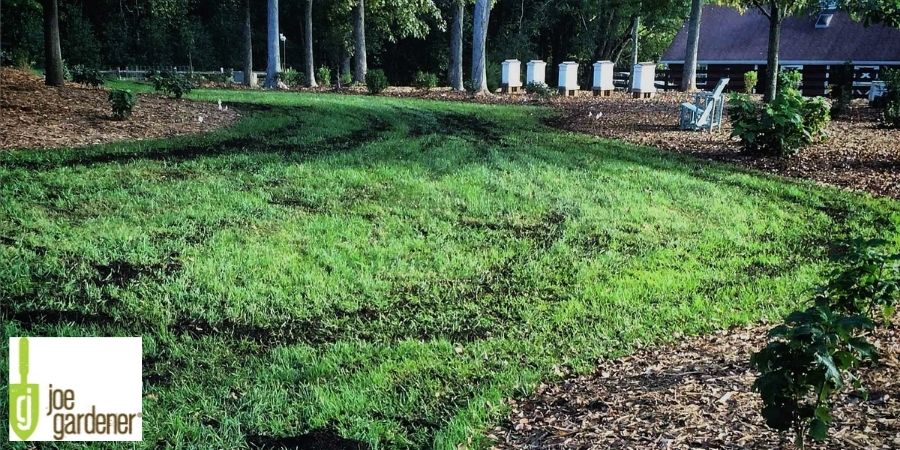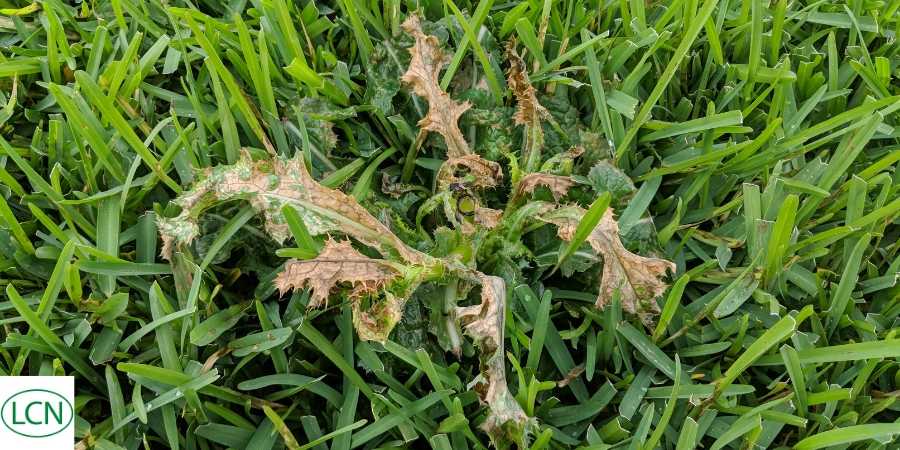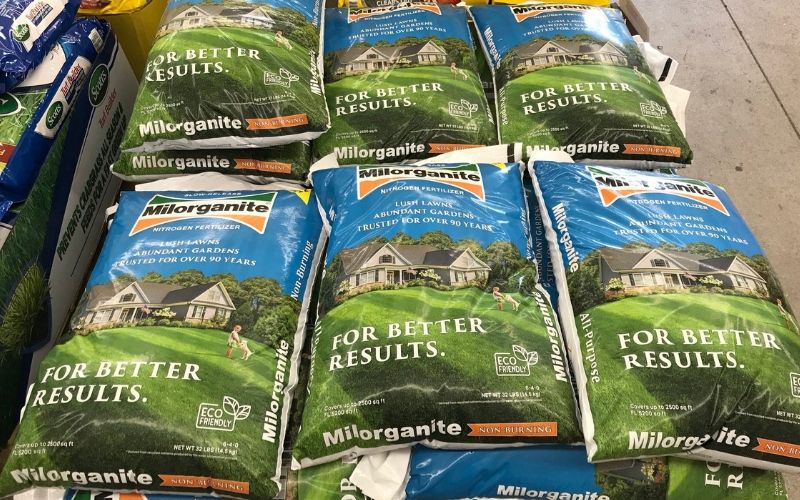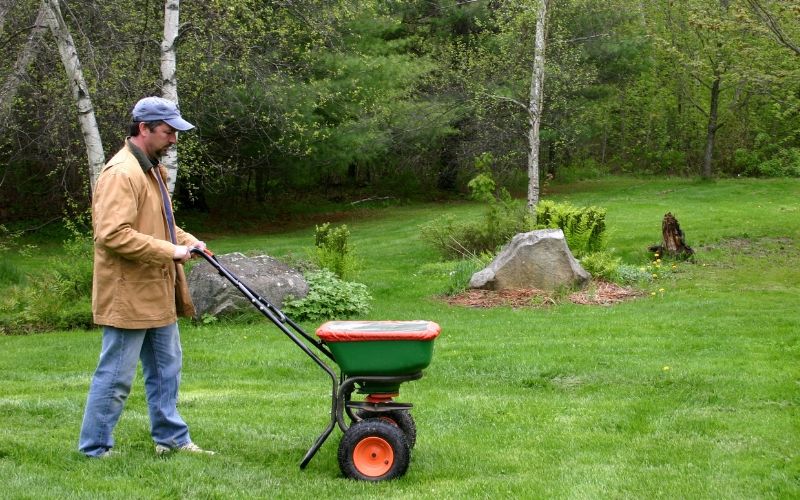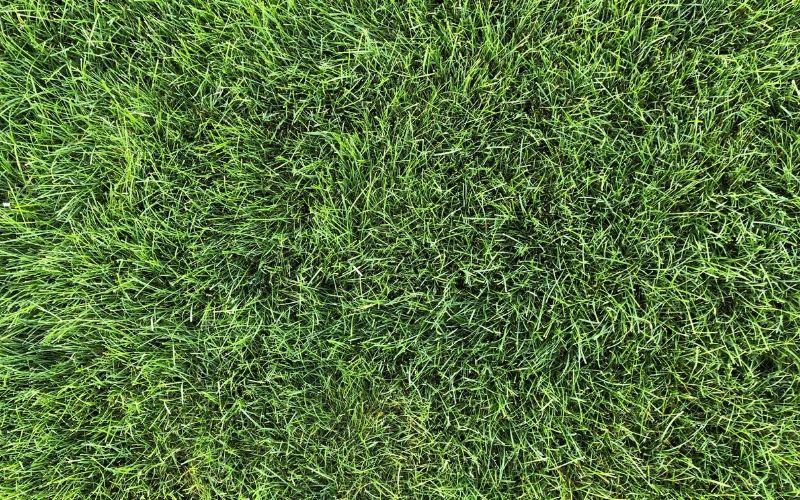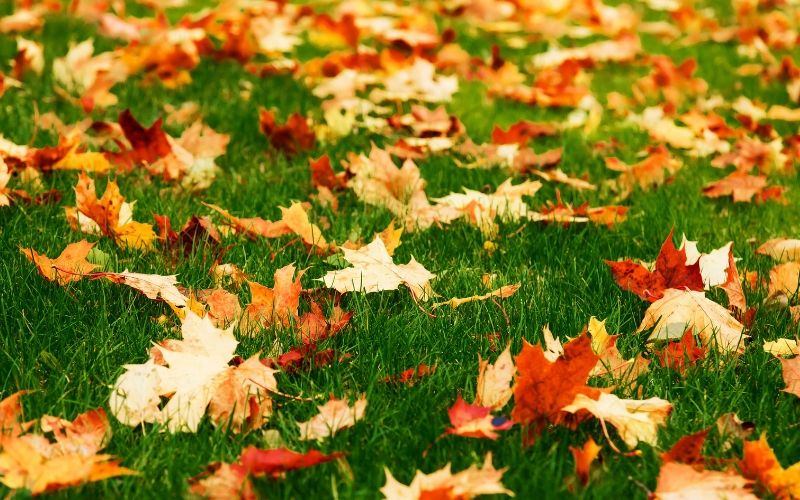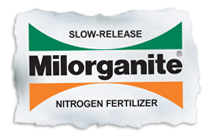Organic Lawn Care
Organic lawn care is growing a healthy lawn without the use of synthetic fertilizers and pesticides. It’s about taking care of the soil, which in turn provides the foundation for a healthy lawn. It’s also more than that.
Organic lawn care is a philosophy that considers and cares for the entire ecosystem, including the water supply, people, animals, and insects, as well as the soil. By using naturally derived products, you’re working with nature, not against it. You’re able to maintain the natural cycle by regularly replacing nutrients plants have used.
Adopting an organic lawn care strategy reduces pollution in the atmosphere, nutrient run-off into waterways, waste in landfills, and the inorganic products used that may disturb the natural order hidden in the soil. You’re really not taking care of grass, you’re nurturing the soil so your lawn has the best opportunity for healthy growth.
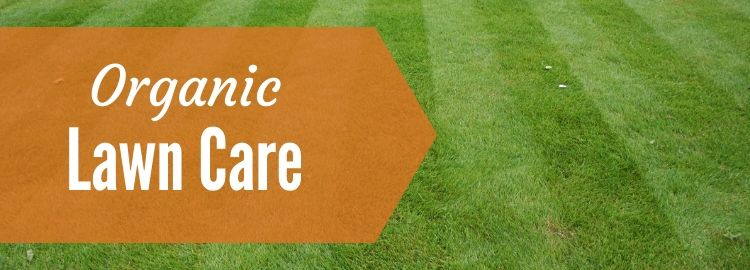
Feed the Soil. It Feeds the Lawn.
A slow-release fertilizer like Milorganite® feeds your lawn for up to 10 weeks. Nutrients are slowly and consistently released into the soil at a rate plants use. This significantly reduces the amount of nutrients that may be washed away. Milorganite also adds organic matter to the soil, which promotes healthy soil and, in turn, improves the soil’s ability to grow plants.
The Curse of Every Weed: A Healthy Lawn
The best way to drastically reduce the number of annoying weeds is to grow a lawn so healthy and thick that weeds don’t stand a chance! Learn Eco-friendly weed control ways to rid your lawn of crabgrass, clover, creeping charlie, and other broadleaf weeds.
Mow High, Let Clippings Lie
Put grass clippings to work for a healthier lawn; leave them on the lawn when you mow. It provides about the same amount of nutrients as an application of fertilizer. It also reduces the amount of grass clippings destined for landfills. Here are more tips and information on mowing.
Use an Electric or Muscle-Powered Mower
Swap out your gas-powered mower with an electric model to eliminate a significant source of air pollution. A push or reel-type mower is an even more eco-friendly approach since you’re the power source. It’s good exercise!
Water Deeply, Less Frequently
Your lawn’s root system is about as deep as the length of the grass. Taller grass indicates a deeper, stronger root system, which helps keep away pests and weeds. And watering less frequently actually encourages a deep, strong root system.
Generally, your lawn needs about an inch of water every week. Depending on your soil type, it could be a little more or less. One rule of thumb is to water to a depth of about 6”.
Water early in the morning to minimize evaporation and allow grass dry out, which helps prevent diseases from setting in. In the heat of summer or during drought conditions, consider letting your lawn go dormant to conserve water.
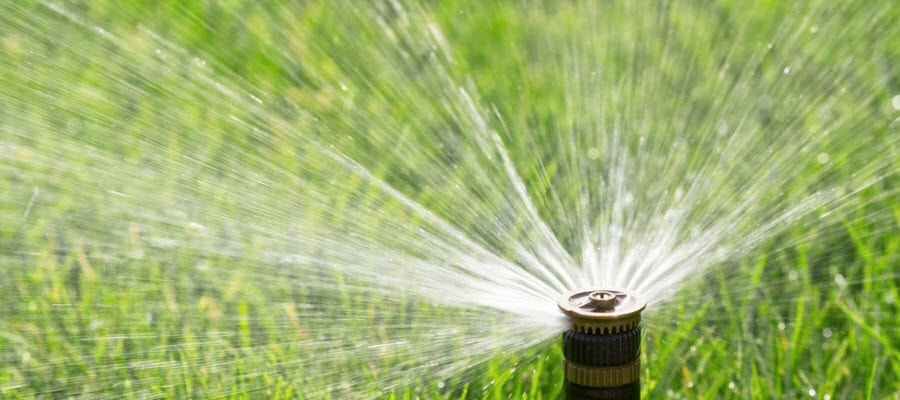
Composting
Compost adds fertility to the soil, balances water retention and drainage, and creates a soil structure teaming with life. Composting yard debris reduces landfill waste and generates compost you can use to enrich your lawn and garden.
Milorganite can be used as an activator to help speed up the composting process. Combine 5-10 lbs of Milorganite per cubic yard of material, including yard debris and plant-based kitchen scraps.
How to make your own compost
Save money, improve your garden and be kind to the environment, by creating compost from every day kitchen scraps and garden waste.
What is compost?
How everyday weeds, garden scraps and more can be used to create compost for your lawn. Learn about the process of composting and how it works.
Topdress with compost
Topdressing your lawn with compost builds a deeper root system, as well as increases the soil’s ability to hold water and nutrients. Topdress your lawn with 1/4" to 1/2" good quality, finely textured compost.
Lawn Articles
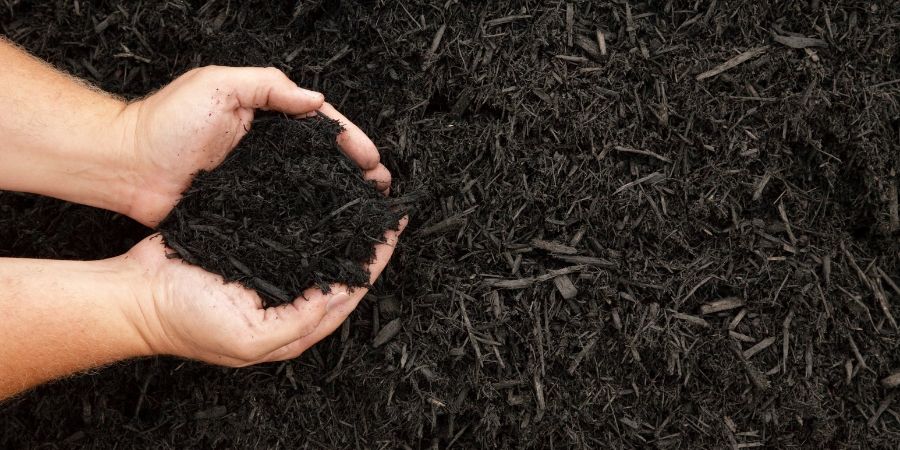
How to Create a Sustainable Landscape
by Joe Lamp'l
Gardening Expert and Host of Growing a Greener World®

